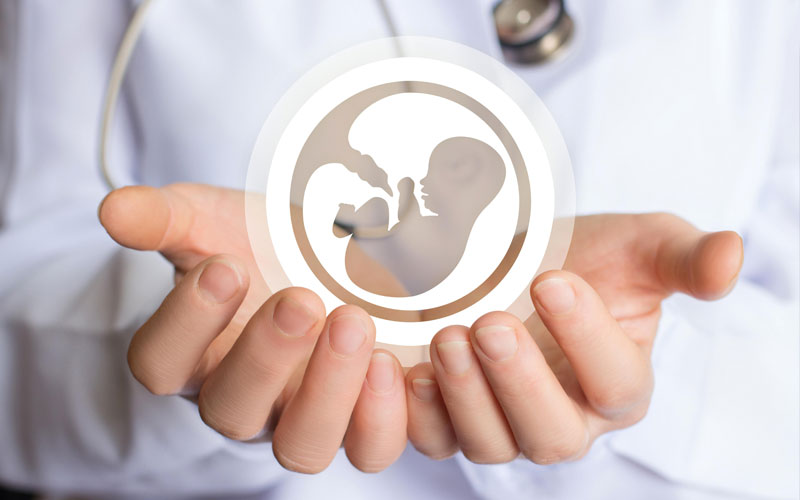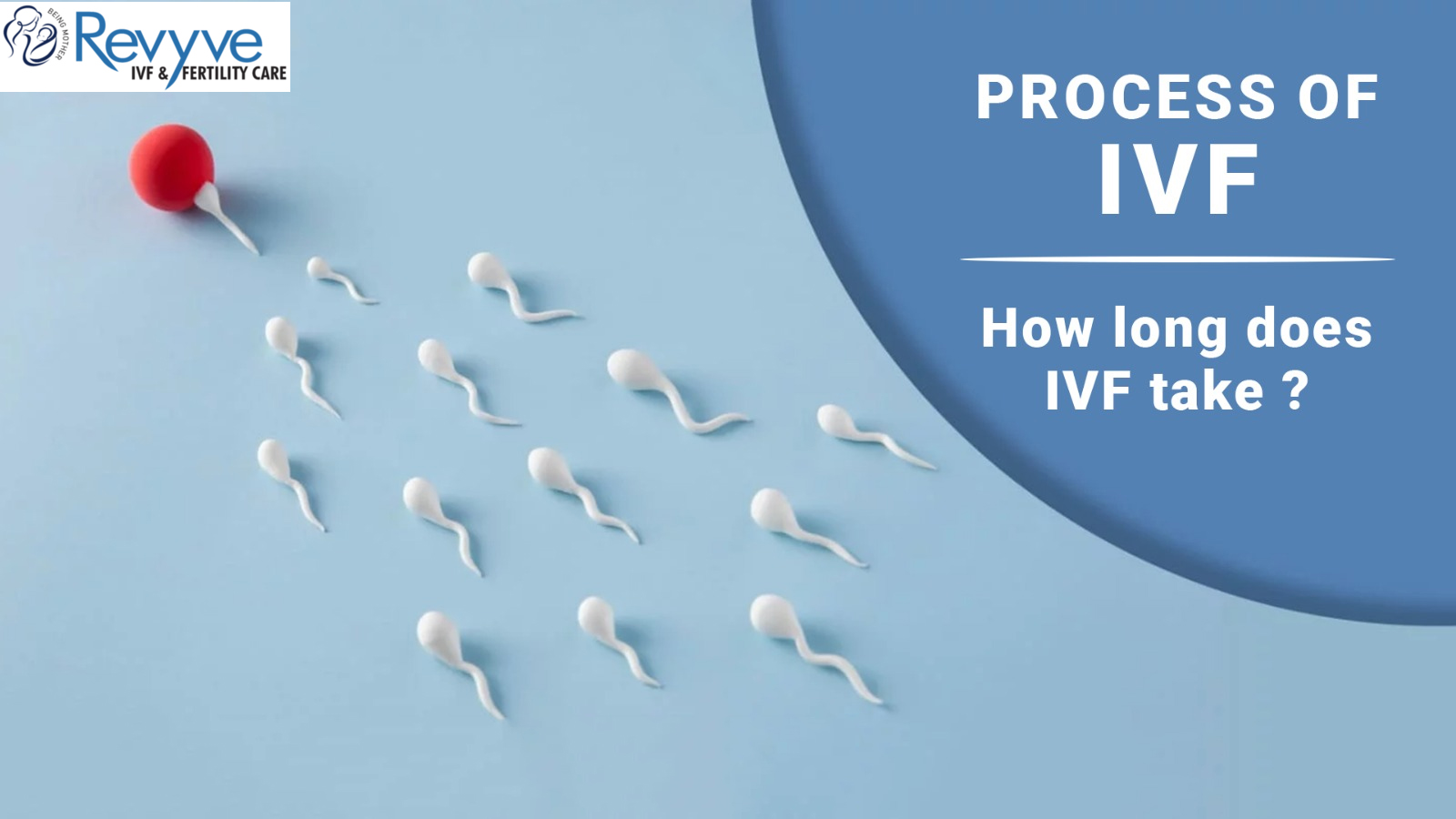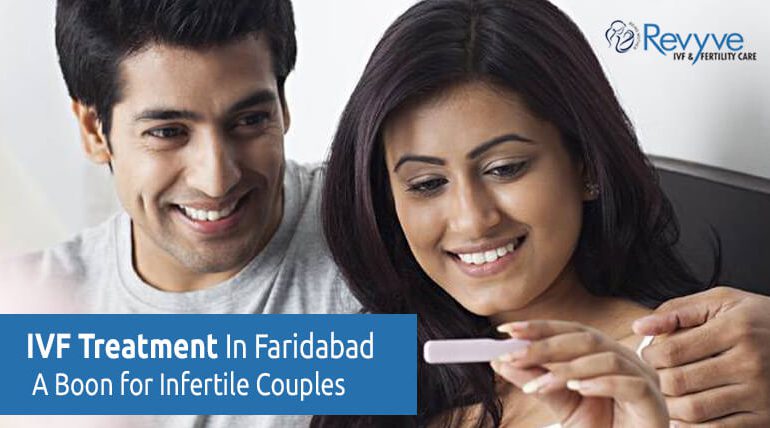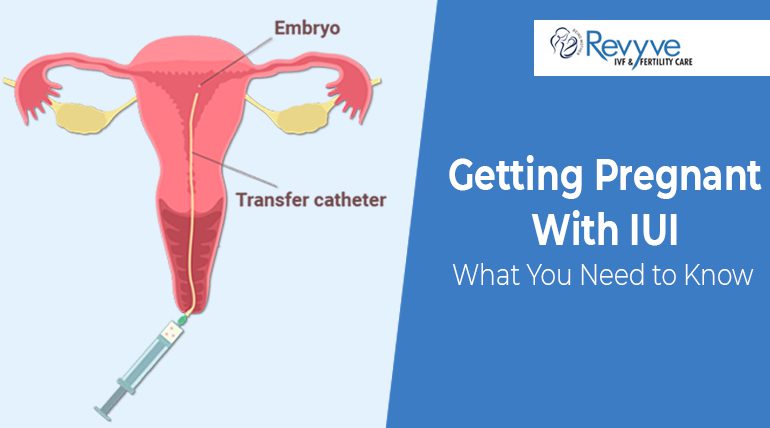IVF Process In Revyve Fertility know as the Best IVF Specialist in Faridabad
In vitro fertilization (IVF) is a widely recognized assisted reproductive technology (ART) that has helped many individuals and couples conceive. The term “in vitro” means “in glass,” referring to the laboratory environment where fertilization occurs, distinguishing it from natural conception, which takes place within the body. In Revyve Fertility Centre you can find the Best IVF Specialist in Faridabad.
The IVF Process

The IVF process typically involves several stages:
1. Ovarian Stimulation: The first step in IVF is to stimulate the ovaries to produce multiple eggs rather than the single egg that typically develops in a natural menstrual cycle. This is achieved through hormonal medications, usually gonadotropins. Monitoring through blood tests and ultrasounds helps track the growth of the follicles, which house the eggs.
2. Egg Retrieval: Once the eggs are mature, a minor surgical procedure called transvaginal ultrasound aspiration is performed to retrieve them. This is done under sedation or anesthesia, and a thin needle is guided through the vaginal wall into the ovaries to collect the eggs.
3. Sperm Collection and Preparation: Simultaneously, a sperm sample is collected from a partner or a sperm donor. The sperm is then processed in the lab to select the healthiest and most motile sperm for fertilization.
4. Fertilization: The retrieved eggs are placed in a laboratory dish with the prepared sperm. Fertilization can occur through conventional insemination, where sperm and eggs are simply mixed, or through intracytoplasmic sperm injection (ICSI), where a single sperm is injected directly into an egg. ICSI is often used in cases of male infertility.
5. Embryo Culture: After fertilization, the embryos are monitored for development over several days. They typically develop for about 3 to 5 days, during which embryologists assess their growth and quality.
6. Embryo Transfer: Once healthy embryos are identified, one or more are selected for transfer into the woman’s uterus. This is done using a thin catheter, and the procedure is relatively simple and painless. The number of embryos transferred depends on various factors, including the woman’s age and the quality of the embryos, with the aim of reducing the risk of multiple pregnancies.
7. Luteal Phase Support: After embryo transfer, hormonal support is often provided to help prepare the uterine lining for implantation.
8. Pregnancy Test: About two weeks after the embryo transfer, a blood test is performed to determine if implantation has occurred and if the woman is pregnant.
Considerations and Success Rates
IVF can be a complex and emotionally challenging process. It may require multiple cycles to achieve a successful pregnancy, and success rates can vary based on factors such as the woman’s age, the cause of infertility, and the quality of the embryos. Best IVF Specialist in Faridabad




